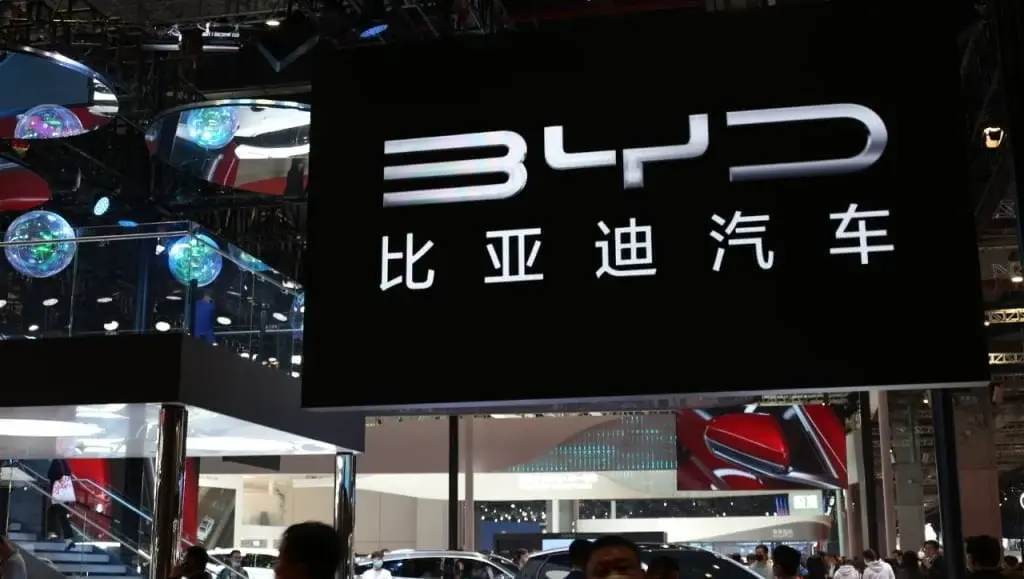To address declining sales within China's electric vehicle (EV) industry, major players BYD and Xpeng have initiated a competitive price battle. In February, both companies faced significant sales drops, with BYD witnessing a nearly 40% decrease and Xpeng experiencing a decline of almost 45%.
BYD, headquartered in Shenzhen and supported by Warren Buffett's Berkshire Hathaway, adopted an assertive approach by reducing the price of its updated Yuan Plus SUV to 119,800 yuan, marking an 11.8% decrease from its previous pricing. This decision follows a series of price cuts by BYD in recent weeks, demonstrating a concerted effort to boost sales in a challenging market environment.
BYD's Price Strategy
BYD has been strategically reducing prices across its Dolphin, Han, Tang, Song, and Seal series in response to the sales downturn. Notably, the revamped Qin Plus DM-i plug-in hybrid now costs 20% less than its previous version at 79,800 yuan.
Meanwhile, Xpeng, located in Guangzhou, continued offering a 20,000-yuan discount on its popular G6 SUV until the end of the month, bringing the entry-level G6's price down to 189,900 yuan from its original 209,900 yuan. This extension aims to attract hesitant buyers amidst persisting low deliveries.
Market Observations
Industry observers anticipate an escalation in the ongoing price war, with more manufacturers likely to engage to safeguard their market shares. Experts warn of the risk of losing market share for companies that do not adjust their pricing strategies in line with market conditions.
The industry is grappling with multiple factors contributing to the weakening demand for EVs in China, including economic uncertainty, challenges in the property sector, and the discontinuation of subsidies amounting to about 12,000 yuan on EV purchases.
Industry Response
The industry response to the pricing strategies of BYD and Xpeng has been significant. Three other carmakers, including a General Motors joint venture, have lowered the prices of their top-selling electric vehicles below the 100,000-yuan threshold, intensifying the pricing competition.
In February, Xpeng faced a substantial decline in deliveries, dropping by 44.9% month-on-month to 4,545 units, the lowest since March 2021. In reaction to market dynamics, Tesla, a key player in China's premium EV market, introduced an 8,000-yuan subsidy for buyers purchasing car insurance from its partners, valid until the end of March.
Moreover, manufacturers like Hangzhou-based Leapmotor have adjusted their vehicle pricing lower than initially planned. Leapmotor's new SUV C10 now starts at 128,800 yuan, representing a 17.3% price reduction from its presale price in January.
Future Outlook
Industry experts predict that most carmakers will resort to discounts and price wars to maintain market share in 2024. Despite a projected slowdown in EV sales growth by Fitch Ratings, government incentives and favorable manufacturer policies, such as those by Tesla, are expected to drive rapid growth in the car trade-in sector in the near future.


Leave a Reply